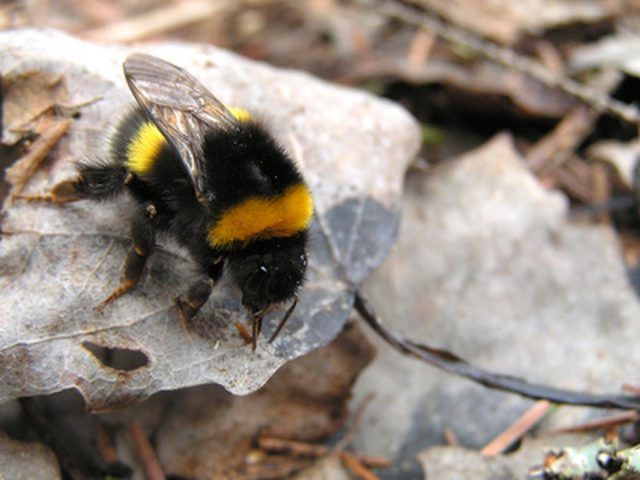Bulbs
Flower Basics
Flower Beds & Specialty Gardens
Flower Garden
Garden Furniture
Garden Gnomes
Garden Seeds
Garden Sheds
Garden Statues
Garden Tools & Supplies
Gardening Basics
Green & Organic
Groundcovers & Vines
Growing Annuals
Growing Basil
Growing Beans
Growing Berries
Growing Blueberries
Growing Cactus
Growing Corn
Growing Cotton
Growing Edibles
Growing Flowers
Growing Garlic
Growing Grapes
Growing Grass
Growing Herbs
Growing Jasmine
Growing Mint
Growing Mushrooms
Orchids
Growing Peanuts
Growing Perennials
Growing Plants
Growing Rosemary
Growing Roses
Growing Strawberries
Growing Sunflowers
Growing Thyme
Growing Tomatoes
Growing Tulips
Growing Vegetables
Herb Basics
Herb Garden
Indoor Growing
Landscaping Basics
Landscaping Patios
Landscaping Plants
Landscaping Shrubs
Landscaping Trees
Landscaping Walks & Pathways
Lawn Basics
Lawn Maintenance
Lawn Mowers
Lawn Ornaments
Lawn Planting
Lawn Tools
Outdoor Growing
Overall Landscape Planning
Pests, Weeds & Problems
Plant Basics
Rock Garden
Rose Garden
Shrubs
Soil
Specialty Gardens
Trees
Vegetable Garden
Yard Maintenance
Common Household Bee Repellent
Common Household Bee Repellent. Bees are vital to the success of many gardens and plants as they are crucial to the pollination process necessary for the production of flowers, fruits and vegetables. As such, killing bees is generally frowned upon. However, if you are allergic to bee stings or even if you simply find their presence unwelcome, you...

Bees are vital to the success of many gardens and plants as they are crucial to the pollination process necessary for the production of flowers, fruits and vegetables. As such, killing bees is generally frowned upon. However, if you are allergic to bee stings or even if you simply find their presence unwelcome, you may want to consider using a bee repellent. As the term suggests, bee repellents keep bees away and can save you from painful stings.
Tea Tree Oil
Tea tree oil is a readily available essential oil. Obtained from the leaves of the Australian tree, Melaleuca alternifolia, tea tree oil is a popular remedy for a number of ailments treating everything from skin disorders to head lice. Tea tree oil is composed of chemical compounds know as terpenes. The terpenes act an excellent insecticide and insect repellent, discouraging bees, wasps and mosquitoes. To use tea tree oil simply dab on the skin and rub gently until the oil is absorbed. Tea tree oil is generally safe to use but if you have sensitive skin you may want to do a skin allergy test prior to making a more general application.Tea tree oil combined with benzaldehyde or almond oil is a more effective repellant.
Fragrance
Bees are attracted to many food items, particularly those that smell sweet, such as fruits or sodas. They are also drawn to sweetly scented perfumes and deodorants. To repel bees take care not to douse yourself in anything they might find attractive. If you'd still like to smell nice while avoiding bee stings, mix one tablespoon of vanilla extract with one cup of water and sponge it on your skin. Bees do not like the smell of vanilla. Alternatively, you can treat your skin to a liberal coating of baby oil, peppermint oil or lavender oil, as bees are not particularly fond of these fragrances either.
Precautions
Additional precautions include wearing light color clothing when venturing into a bee prone area. Bees are attracted to dark colors. Also choose flat fabrics without texture. Do not wear clothing made of leather or of wool, as bees find these fabrics annoying and wearing them make cause bees to attack.